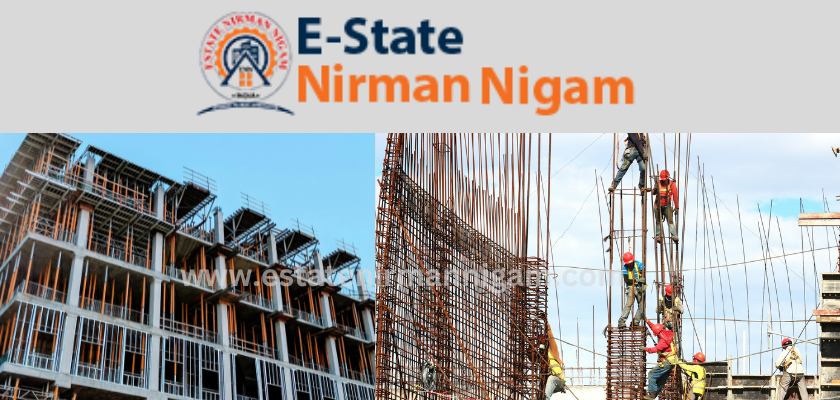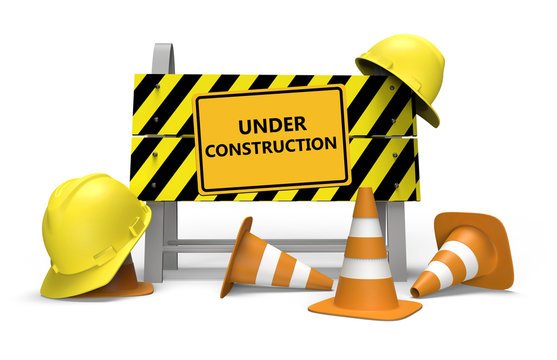E-state Nirman Nigam Housing Society Project In All Over India
E-state Nirman Nigam A housing society project typically refers to a planned residential development that consists of multiple housing units organized within a single community or complex. These projects are often undertaken by developers or government agencies to address the growing need for housing in urban and suburban areas In All Over India.

The concept of a housing society project encompasses various aspects, including planning, design, construction, amenities, management, and legal considerations. In this comprehensive explanation, I’ll delve into each of these aspects in detail, providing insights into the process of initiating, developing, and managing a housing society project.E-state Nirman Nigam
1. Introduction to Housing Society Projects:-
Definition: A housing society project is a large-scale residential development comprising multiple housing units, such as apartments, condominiums, townhouses, or single-family homes, typically built within a defined geographical area or complex.
Purpose: The primary purpose of housing society projects is to provide affordable, safe, and comfortable housing options for individuals and families. These projects also aim to create vibrant communities with access to essential amenities and services.
Types: Housing society projects can vary in size, scope, and design, ranging from small-scale developments to large, integrated townships with a mix of residential, commercial, and recreational facilities.

2. Planning and Design:-
Site Selection: The first step in initiating a housing society project is to identify suitable land parcels for development. Factors such as location, accessibility, infrastructure, zoning regulations, and market demand are considered during the site selection process.
Master Planning: Once a site is selected, developers engage architects, urban planners, and engineers to create a master plan for the project. This involves determining the layout of housing units, open spaces, roads, utilities, and amenities within the development.
Design Guidelines: Developers often establish design guidelines or architectural standards to ensure consistency and quality across the housing units. These guidelines may cover aspects such as building height, façade treatments, landscaping, and sustainable design features.
Infrastructure Development: Adequate infrastructure, including roads, water supply, sewage systems, electricity, and telecommunications, is essential for the success of a housing society project. Developers collaborate with local authorities and utility providers to plan and implement necessary infrastructure upgrades.
3. Construction and Development:-
Phased Development: Housing society projects are typically developed in phases, with construction progressing gradually over time. This phased approach allows developers to manage costs, mitigate risks, and adapt to market conditions E-state Nirman Nigam .
Construction Management: Experienced project managers oversee the construction process, ensuring that work is completed according to schedule, budget, and quality standards. Contractors, subcontractors, and laborers are coordinated effectively to minimize delays and maximize efficiency.
Quality Control: Quality control measures, such as material testing, inspections, and certifications, are implemented throughout the construction process to ensure that housing units meet regulatory requirements and industry standards.
Sustainability: Increasingly, housing society projects incorporate sustainable design principles and green building technologies to minimize environmental impact and enhance energy efficiency. Features such as rainwater harvesting, solar panels, energy-efficient appliances, and green spaces are integrated into the development.

4. Amenities and Facilities:-
Community Facilities: Housing society projects often include a range of amenities and facilities to enhance residents’ quality of life. These may include parks, playgrounds, sports facilities, community centers, swimming pools, and gyms.
Commercial Spaces: Some housing society projects incorporate commercial spaces, such as retail shops, restaurants, cafes, and offices, to cater to the daily needs of residents and create a lively urban environment.
Security: Security is a paramount concern for residents of housing society projects. Gated entryways, perimeter fencing, surveillance cameras, security personnel, and access control systems are commonly implemented to ensure safety and peace of mind.
Maintenance: A well-maintained environment is essential for the long-term sustainability of a housing society project. Property management companies or resident associations are responsible for maintaining common areas, landscaping, utilities, and infrastructure.
5. Legal and Regulatory Considerations:-
Land Acquisition: Developers must acquire land for housing society projects through legal means, which may involve purchasing from private landowners, government agencies, or public entities. Land acquisition processes vary by jurisdiction and may require compliance with land use regulations, zoning laws, and environmental assessments.
Approvals and Permits: Before commencing construction, developers must obtain various approvals and permits from relevant authorities, including building permits, environmental clearances, land use approvals, and utility connections. Compliance with local building codes, fire safety regulations, and health standards is essential to ensure the project’s legality and safety.

Ownership Structure: Housing society projects may adopt different ownership structures, such as condominiums, cooperatives, or homeowner associations, depending on legal and financial considerations. These structures govern property ownership, management responsibilities, common area maintenance, and dispute resolution mechanisms.
Documentation: Proper documentation, including title deeds, sale agreements, lease agreements, occupancy certificates, and bylaws, is essential to establish legal rights and obligations related to property ownership and management within the housing society project. a housing society project is a complex undertaking that involves careful planning, design, construction, and management to create thriving communities and provide desirable housing options for residents. By addressing the diverse needs of individuals and families while adhering to legal and regulatory requirements, these projects contribute to the sustainable development of urban and suburban areas IN E-state Nirman Nigam
If you need more information, visit our office https://maps.app.goo.gl/q5fjA3W7JKpZKJ8d6in


